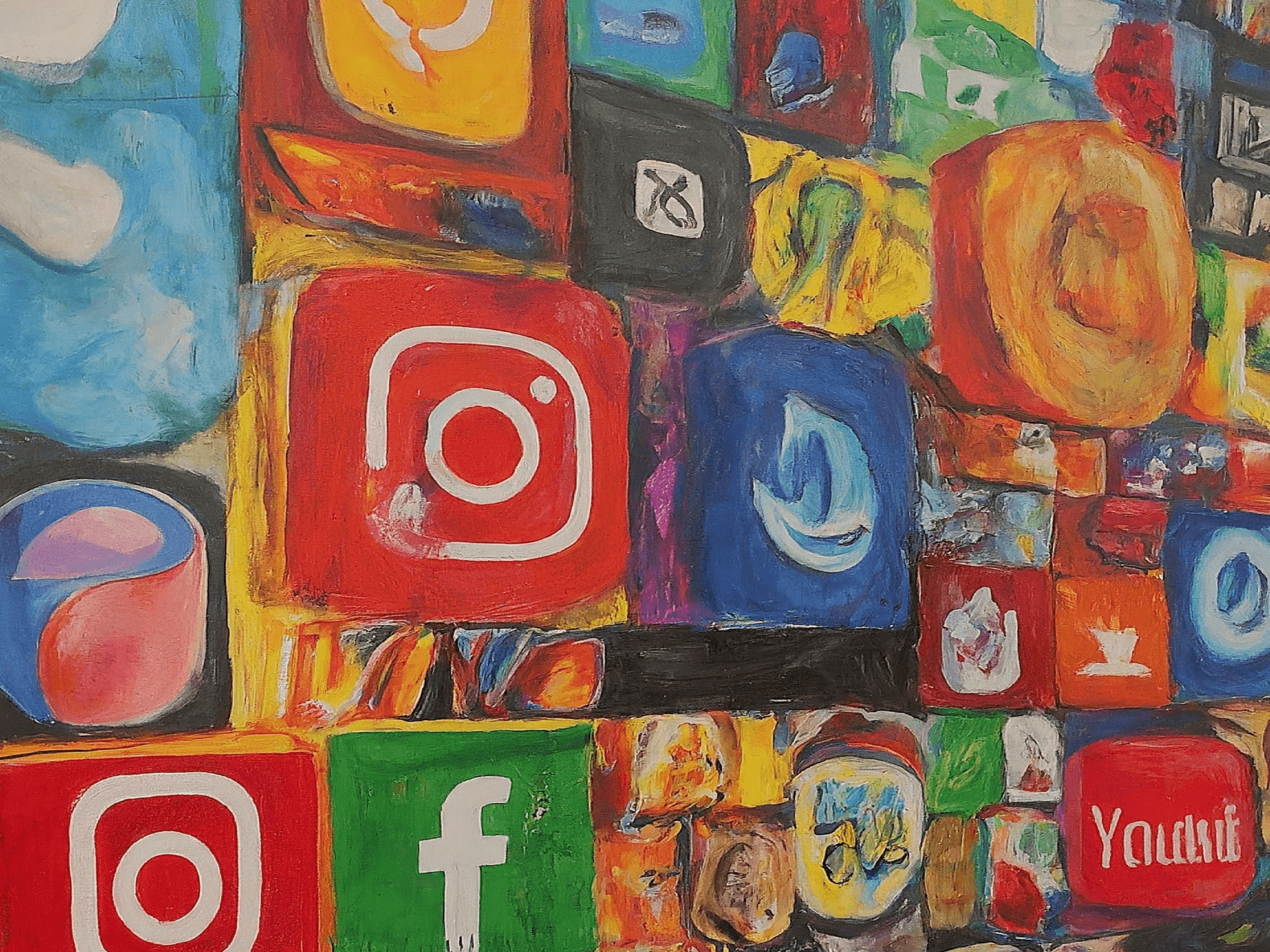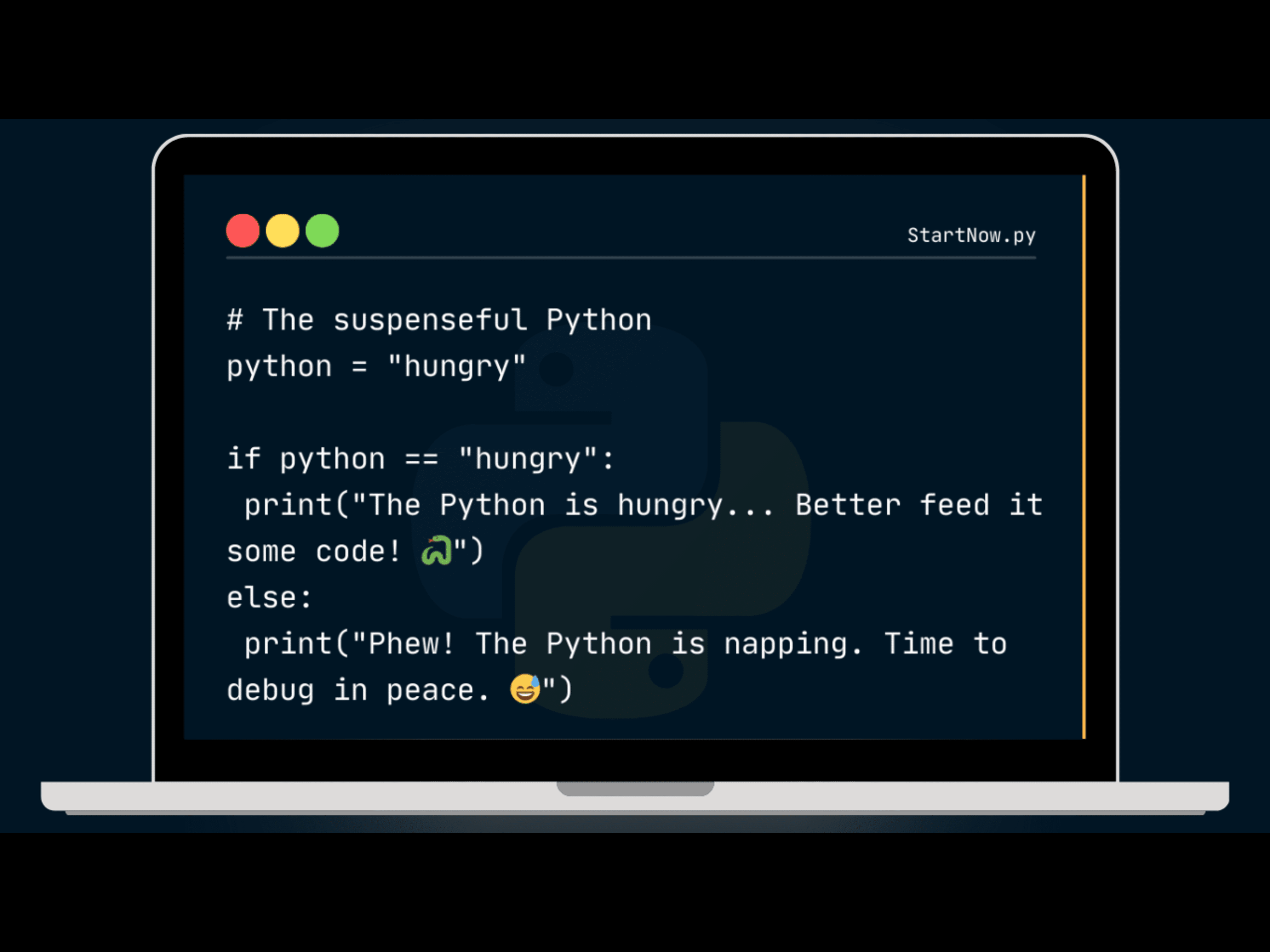Welcome to the AI age, where machines generate everything from college essays to witty Tinder bios. AI tools like ChatGPT, Gemini, and Claude are everywhere, and while they’re brilliant, we need to have a little heart-to-heart about their proper use.
In this blog, we’ll explore the good, the bad, and the downright hilarious ways people use AI. Plus, we’ll dive into what tech leaders have to say and share some best practices for making AI your best assistant not your crutch.
Why We Love AI (and Sometimes Love It Too Much)
AI can do wonders. It writes emails, drafts blog posts,creates videos and even suggests the best way to roast your morning coffee. But let’s be honest: some people are taking it too far.
Common Misuses of AI
AI as a Life Coach:
Asking an AI for advice on whether you should break up with someone? Bad idea. AI doesn’t have feelings, and it definitely won’t understand the nuances of your relationship.
AI as a Substitute for Expertise:
“Hey AI, what’s the best medicine for this weird rash?” Nope. Medical advice is best left to professionals.
AI in Creative Writing Without Oversight:
Using AI to generate novels, essays, or poetry without a personal touch often results in dry, soulless content.
What the Experts Are Saying
AI is a hot topic, and some big names have weighed in:
Elon Musk: Describes AI as “the biggest existential threat to humanity.” According to him, unchecked AI could lead to disastrous consequences

Sundar Pichai (Google CEO): Believes AI is as transformative as fire or electricity, but stresses that we must handle it responsibly.

Geoffrey Hinton (the 'Godfather of AI'): Recently expressed concerns about AI’s ethical implications, including its misuse in misinformation.

Jensen Huang (NVIDIA CEO): Adds another layer to the AI conversation. Huang acknowledges AI’s immense potential but warns of its power in the wrong hands. He highlights concerns about its misuse in areas like cybersecurity, surveillance, and the creation of highly convincing deep fakes, which could destabilize societies if not properly managed. Huang often emphasizes the dual-edged nature of AI, calling for global cooperation to ensure ethical AI development.

These warnings are not meant to instill fear but to encourage responsible use. As AI continues to advance, these insights remind us of the importance of using it wisely, balancing its incredible potential with the need for caution.
The Bright Side: Good AI Use Cases
AI isn’t all doom and gloom. When used correctly, it’s a game-changer.
Examples of Proper AI Usage
ChatGPT: Fantastic for brainstorming ideas, learning new skills, or getting quick explanations for complex topics.
Gemini: Excellent for analyzing large datasets and predicting trends perfect for businesses.
Claude: Streamlines customer support by handling repetitive queries, freeing up human agents for more complex tasks.
Case Study: How John Revolutionized His Business with AI
Meet John, the owner of a small, family-run online store specializing in eco-friendly home goods. Like many small business owners, John struggled to stand out in a crowded market. His website traffic was low, customer engagement was minimal, and his sales were stagnating. That’s when he decided to give AI a shot and the results were transformative.
Step 1: Understanding Customer Behavior with Gemini
John’s first challenge was understanding his customers better. He knew they were visiting his site, but he had no idea what they were looking for or why they left without making a purchase.
Enter Gemini, an AI-powered analytics tool. By feeding Gemini his website's customer data, John uncovered valuable insights:
Key Products: Gemini identified the products most frequently added to (but later removed from) shopping carts.
Browsing Patterns: The tool showed John which pages had the highest drop-off rates.
Customer Segments: It even segmented his audience by demographics, highlighting that younger customers were more interested in subscription-based eco-kits, while older customers preferred one-time purchases.
Armed with this data, John was able to redesign his website’s navigation and optimize his product offerings. For example, he bundled popular products into a subscription package targeting younger customers, a decision that boosted subscription sign-ups by 30% in just two months.
Step 2: Engaging Content with ChatGPT
Now that John understood his customers better, he needed content that resonated with them. His website copy was outdated, and his blog was inconsistent at best.
Enter ChatGPT. John used this tool to:
Revamp Product Descriptions: ChatGPT helped craft engaging, benefit-driven descriptions that highlighted the eco-friendly features of his products.
Create Blog Content: John launched a blog focusing on sustainable living tips, with ChatGPT generating topic ideas and initial drafts.
Automate Email Marketing: ChatGPT also helped John write personalized email campaigns tailored to different customer segments.
The result? John’s website started ranking higher on search engines, and his blog became a resource for eco-conscious consumers, driving more traffic to his store. Email open rates increased by 20%, and click-through rates improved dramatically.
The Results
Within six months, John saw significant improvements:
Increased Customer Engagement: His website’s average session duration doubled, and bounce rates dropped by 25%.
Higher Sales: The combination of targeted product offerings and engaging content led to a 40% increase in sales.
Stronger Customer Loyalty: With personalized email campaigns and a more user-friendly website, John noticed more repeat customers and higher lifetime value.
What We Can Learn from John’s Success
John’s journey shows the power of using AI strategically:
Data-Driven Decisions: Tools like Gemini help you understand your audience better, enabling smarter business decisions.
Enhanced Communication: AI like ChatGPT can elevate your content, making it more engaging and personalized.
Continuous Improvement: AI isn’t a one-time fix. John continually uses AI tools to analyze performance and refine his strategies.
By integrating AI thoughtfully, John didn’t just solve his immediate problems—he set his business up for long-term success. You can do the same!
Mistakes to Avoid When Using AI
While these tools are powerful, there are some traps to steer clear of:
The Over-Reliance Trap
Problem: People lean on AI for decisions they should make themselves, leading to dependency.
Example: Letting AI decide on your investment portfolio without consulting a financial expert.
The Misinformation Pitfall
Problem: AI-generated content isn’t always accurate.
Solution: Always fact-check. AI tools are good at synthesizing information, but they’re not perfect.
Best Practices for Using AI Tools
Here’s how you can maximize the benefits of AI while minimizing the risks:
Do’s
-
Use AI as a Helper: Let it assist you, not replace your judgment.
-
Set Clear Boundaries: Define tasks AI can handle and those it shouldn’t touch (like making life-altering decisions).
Don’ts
-
Don’t Ignore Human Input: AI can draft, but you should always refine and personalize the output.
-
Avoid Using AI for Sensitive Tasks: Matters involving ethics, emotions, or personal relationships should remain human.
Interactive Break: How Well Do You Know AI?
Here’s a fun quiz for you!
Question: Which of the following is a good use of AI?
a) Writing your wedding vows
b) Generating a weekly grocery list
c) Deciding your career path
(Answer: b AI can be great for simple, repetitive tasks, but some things are too personal or important to delegate.)
Conclusion: Use AI, but Use It Wisely
AI tools like ChatGPT, Gemini, and Claude are incredible, but they’re not magic wands. Use them thoughtfully, and they’ll make your life easier. Use them carelessly, and you risk losing the human touch.
Remember, AI is here to assist, not replace. Whether you’re drafting content, analyzing data, or brainstorming ideas, let AI handle the grunt work while you bring the creativity and critical thinking.
Join the Conversation!
What’s the funniest or most bizarre way you’ve seen AI misused? Share your stories in the comments below! Let’s keep the discussion fun and insightful.








Nana Kojo